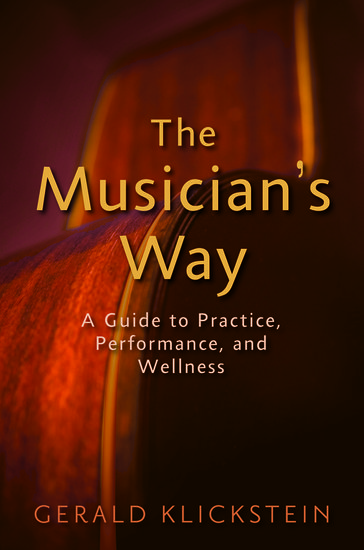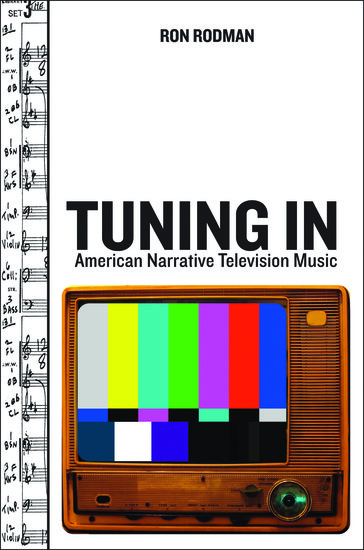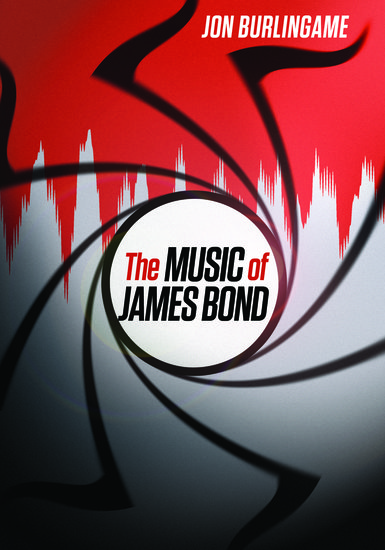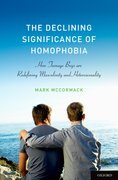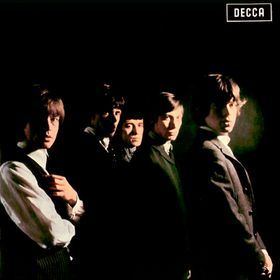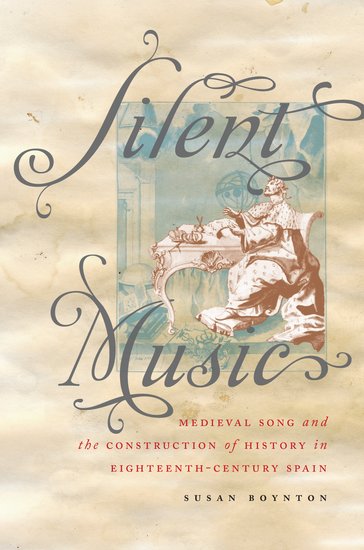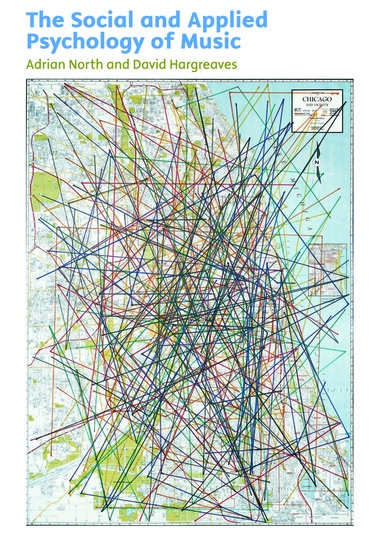Saving Sibelius: Software in peril
You may not have known it, but July was a pretty stressful month for the composers of this world. Or at least several thousand of them. The life of Sibelius, one of the leading music notation software programs, has seemingly come under threat of dissipation as Avid (who owns the software) has recently shut down Sibelius’ UK office, simultaneously laying off the software’s core development team.



